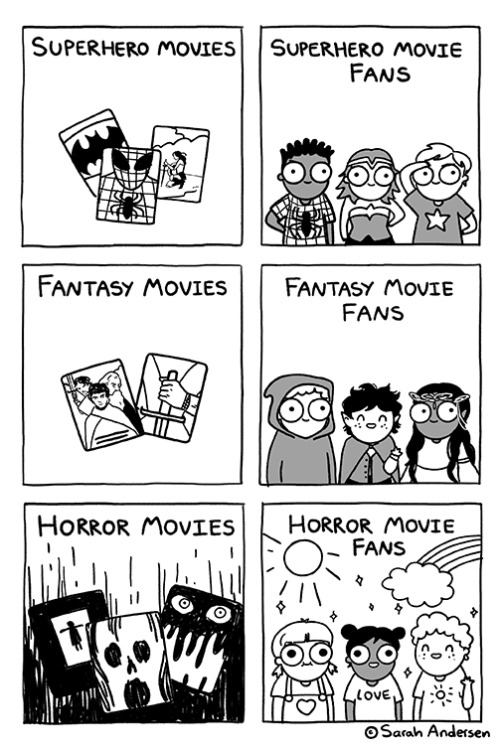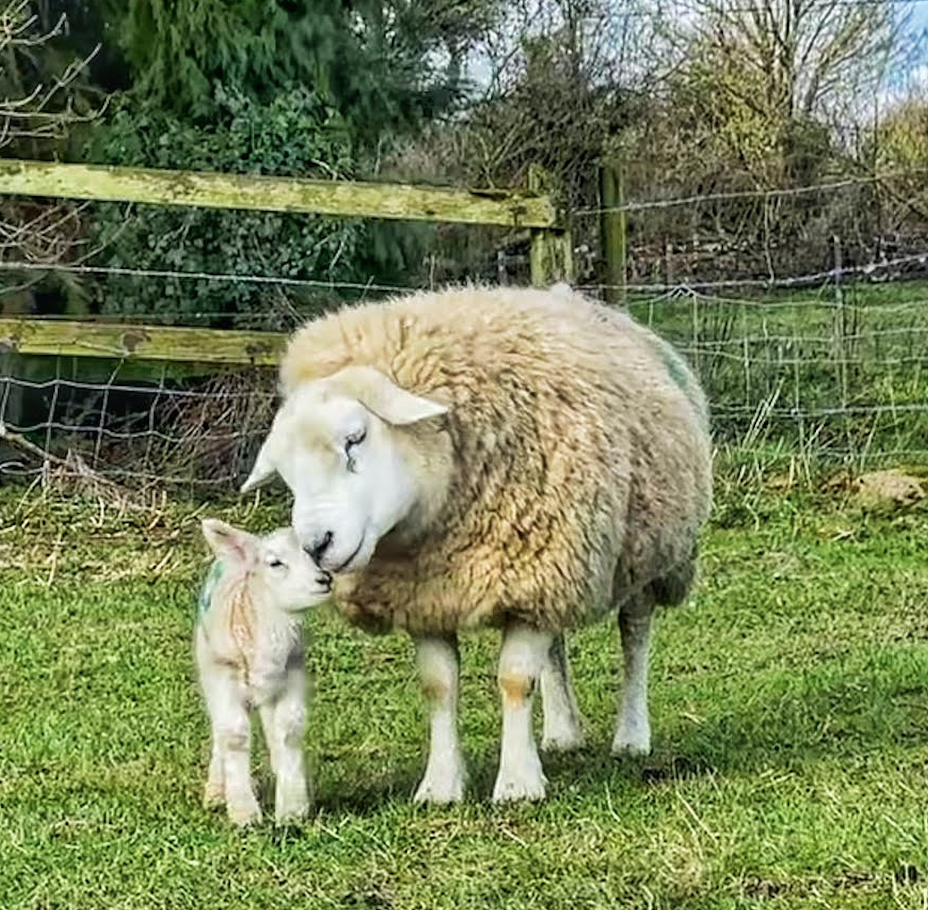The consequences of austerity in Britain are now so apparent that even many of its erstwhile cheerleaders are, at last, sheepishly facing up to them. The last thirteen years of underfunding and neglect have left the NHS, in particular, in a state of near collapse. Accident and emergency departments are overwhelmed, and many patients find […]
Reading
Yesterday (March 7, 2023) two big things happened. The first is that I got a lovely bunch of sunflower blooms for my birthday present. Which was ace. The second, the RBA Board wheeled out the governor to announce the 10th consecutive interest rate rise even though inflation has been falling for several months. The RBA has now become preposterous and the Government should definitely terminate the tenure of the Governor in September when his term is up for renewal. In the meantime, it should clean the RBA Board out, or introduce legislation that says each member including the governor gets the real disposable loss that they are imposing on the worker deducted in percentage terms from their own salaries. A further deduction would be made (quantum to be determined) for each percentage point the unemployment rate rises. That might give them pause for thought. The music segment will definitely lift your spirits after reading through the following gloom..…William Mitchell — Modern Monetary Theory
RBA is engineering one of the largest cuts to real disposable income per capita in our history
The Digital Age, knowledge revolution, and data harvesting are embraced by the Chinese leadership as national policy. This is an huge step in getting numbers on a whole system in real time.
New ‘Digital China’ vision a response to US tech curbs as authorities outline a ‘whole nation’ approach to going digitalAsia Times
China’s grand plan for a world-beating digital future
Three climate activists in two separate trials have been sent to jail by Judge Silas Reid using the entirely arbitrary powers of Contempt of Court, because they insisted on telling the jury that their protests had been motivated by the climate crisis and fuel poverty. Juries are an essential safeguard from injustice by the state. […]
The post Fascist Judges appeared first on Craig Murray.
“I’m Fine”
Of course, I’m not fine.
I am sick of asking you.
Load the dishwasher.
“You Look Tired Today”
Okay, it’s my turn.
You look tired today, David.
How does it feel now?
“I Can’t Find It”
Did you look for it?
Did you really look for it?
Did you even try?
“I Think You’re Overreacting”
Seriously, Brad?
You are underreacting.
Maybe you suck ass.
“Don’t You Want to Have Kids Someday?”
And wreck my body,
my finances, and my life?
No thank you, Susan.
“She’s Crazy”
Oh, I understand.
So, you’re the problem. Not her.
I’d get that checked out.
Mr Haney debriefs Powell yesterday to identify the GOP dream scenario for 2024:
“To get inflation down to 2.2%, based on history, unemployment would have to go to 10.6%."
— Patrick Bet-David (@patrickbetdavid) March 8, 2023
Both Sen Kennedy & Jerome Powell could be right.
pic.twitter.com/yWIjQVTxHZ
Dementia Brandon telling Fed to “stay the course!”, while Pocahontas not so sure:
WATCH🚨: Federal Reserve Chair Jerome Powell: “We are taking the only measures we have to bring inflation down.”
Sen. Elizabeth Warren (D-MA): “And putting 2 million people out of work is just part of the cost, and they just have to bear it?” pic.twitter.com/ctJ1Nyv9eM
On Bonfire Night 2020, the University of Manchester undertook extreme measures against Covid-19 at students’ first-year halls complex in Fallowfield. The university erected £11,000 worth of metal fencing to divide Fallowfield’s halls and block its exits, increased security presence and implemented strict ID checks for students leaving and arriving at their accommodation. Students who were […]
Unionized academic workers at Rutgers University have organized across hierarchies and are preparing to go on strike.
The post One of US’s Largest Public Universities Could See First Strike in Its 257 Years appeared first on scheerpost.com.

